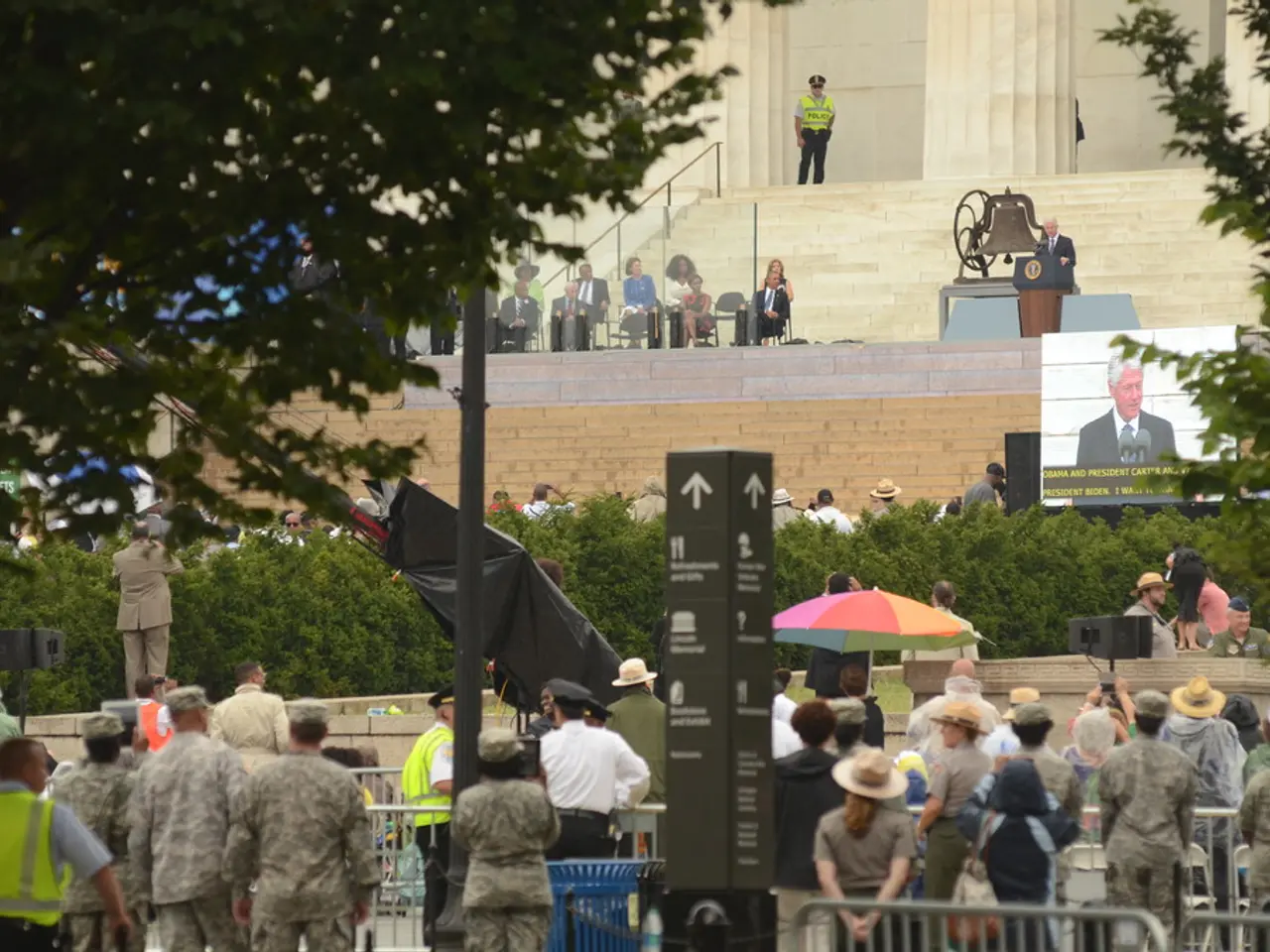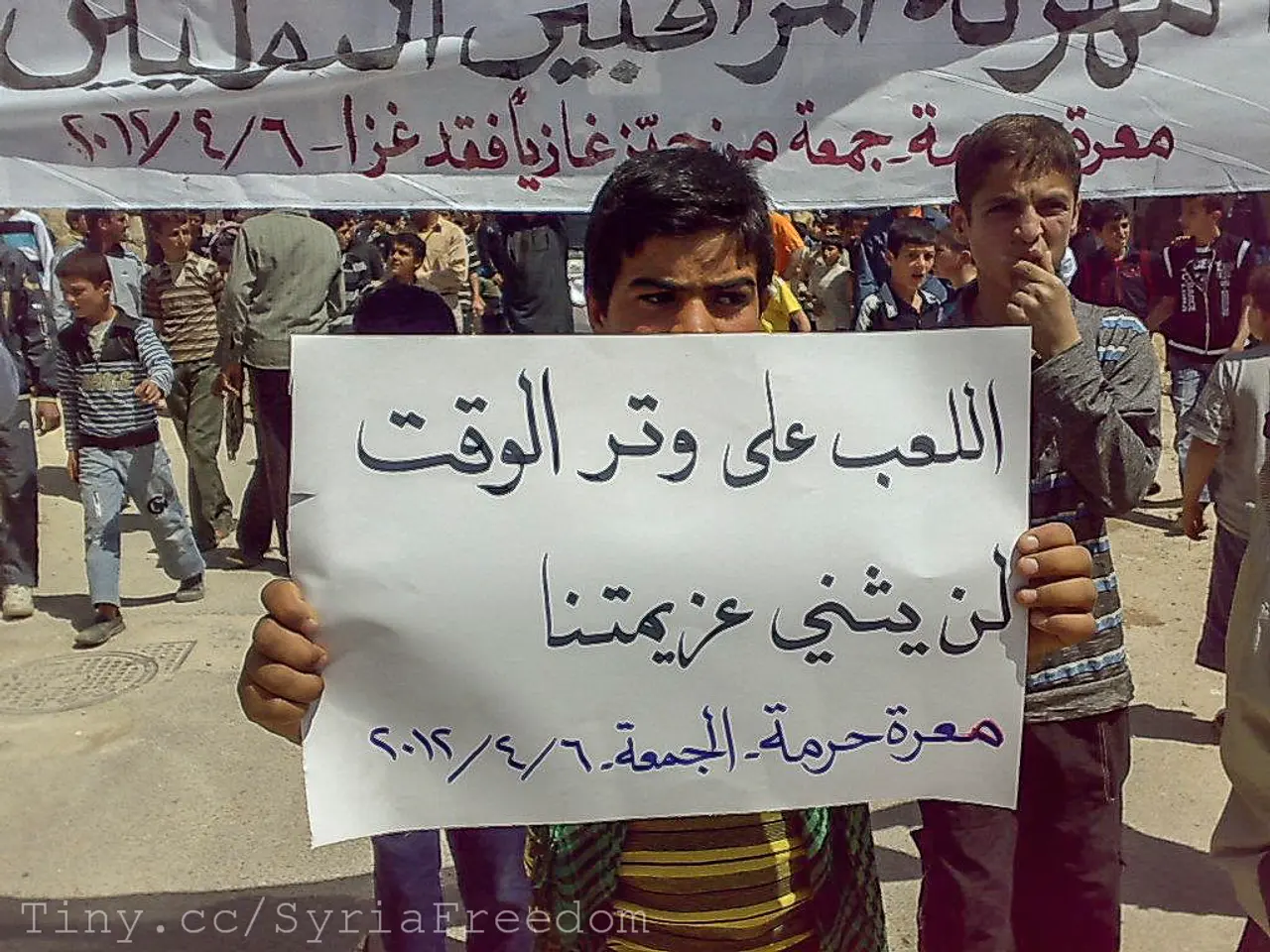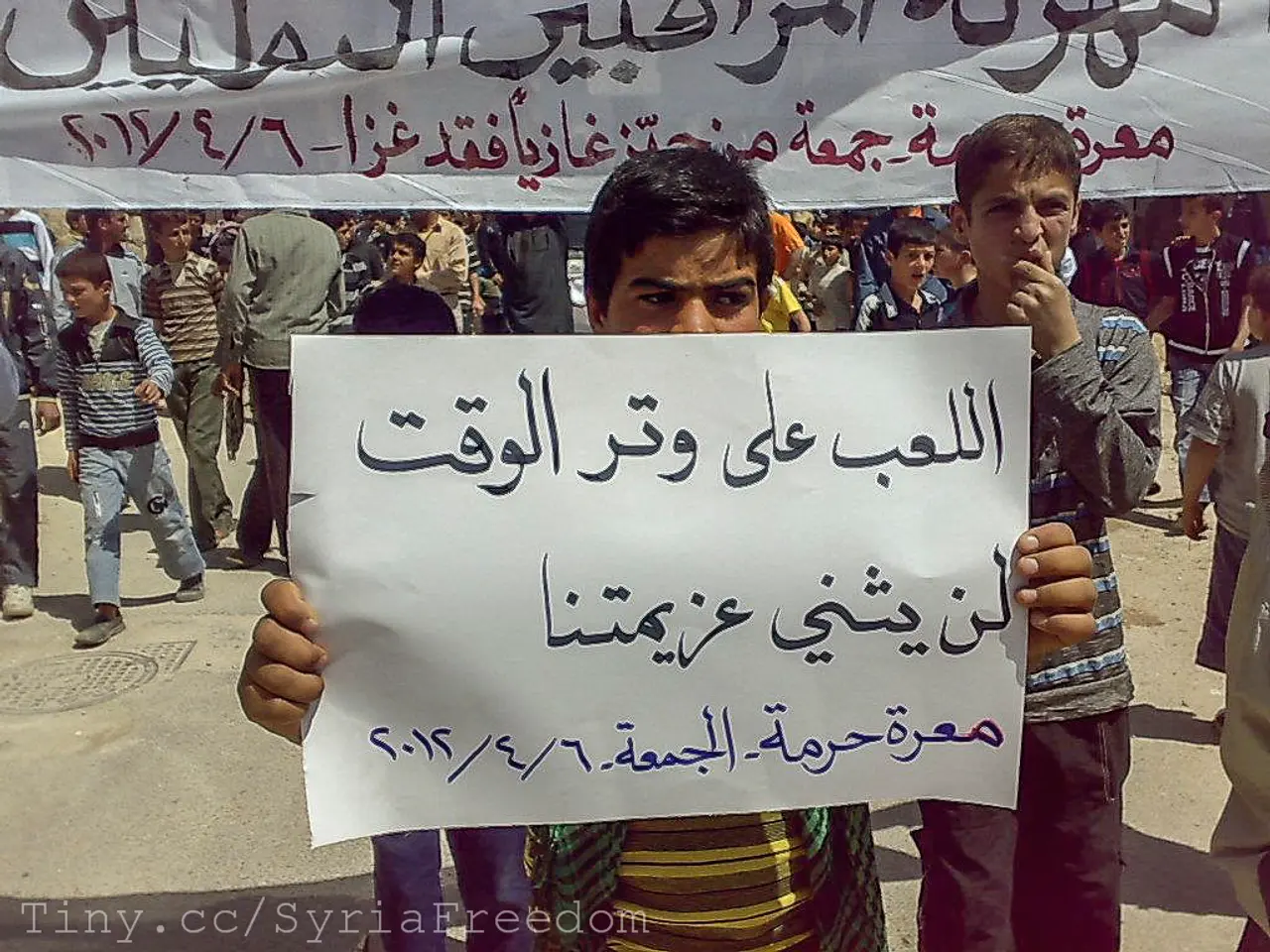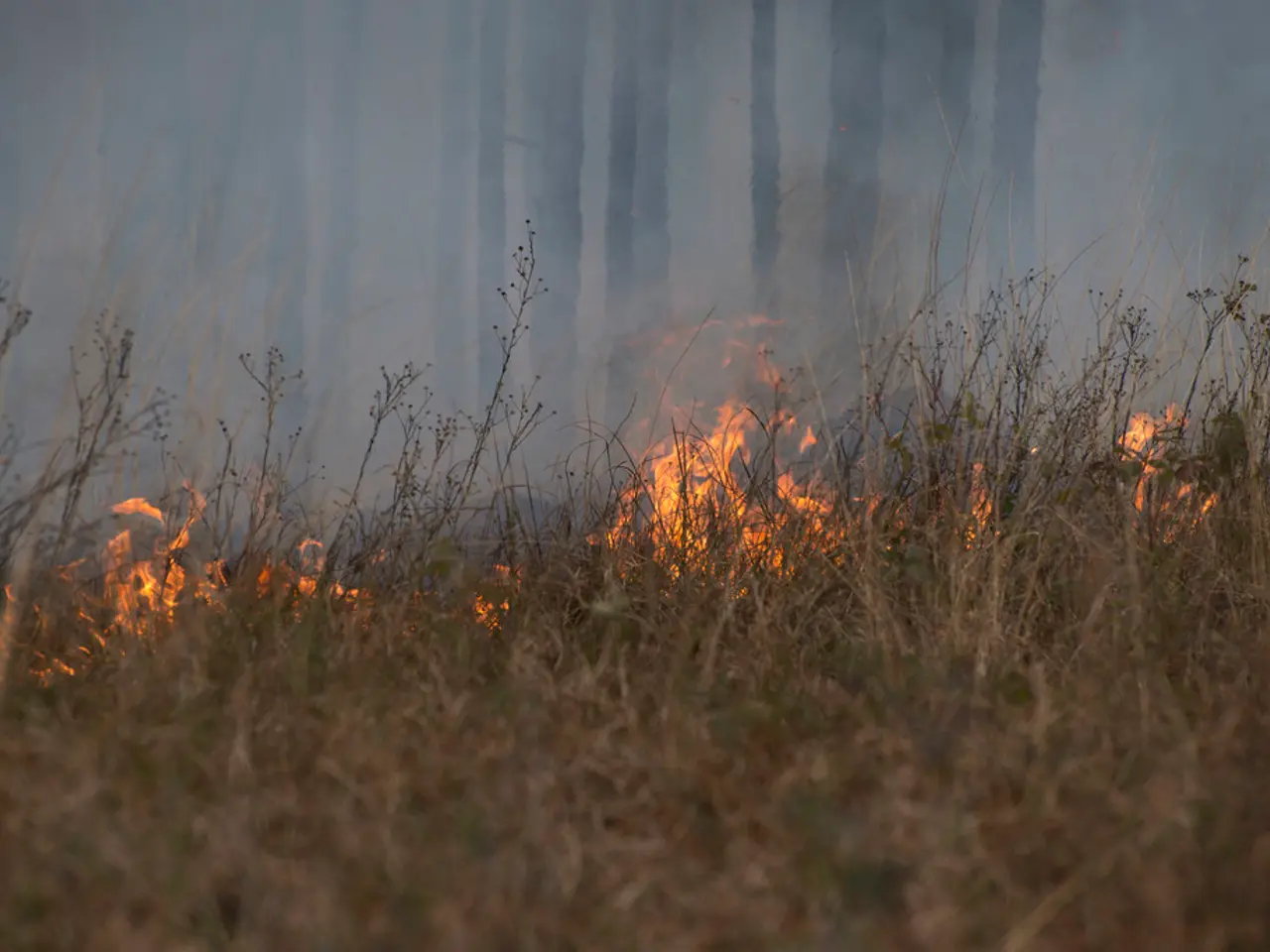Suspicious vulnerability in security system
In the midst of the ongoing Thai-Cambodian border conflict, the prolonged vacancy in Thailand's Defense Minister position poses significant strategic and political challenges. The absence of a formally appointed Defense Minister has hampered decisive civilian leadership, allowing the military to assert its influence in both conflict response and domestic politics.
Strategically, this vacancy may complicate conflict resolution efforts and military coordination at critical junctures. Despite the active engagement of Thailand’s military leaders in General Border Committee (GBC) meetings with Cambodia, these meetings lack legal binding force and have so far failed to prevent border clashes.
Politically, the vacancy reflects deeper instability within the Thai government linked to the border conflict and internal political strife involving the Shinawatra family. The conflict has bolstered the power of the military and nationalist factions, sidelining civilian political figures such as Paetongtarn Shinawatra and reviving lese-majeste charges against former Prime Minister Thaksin Shinawatra.
The border conflict itself has escalated tensions with Cambodia, involving troop reinforcements and drone incursions into Thai airspace near critical military installations. The military's prominent role in managing these heightened security measures underscores the importance of effective defense leadership, which is hampered by the vacancy at the ministerial level.
The current Thai-Cambodian border conflict has strategic and symbolic implications due to the ongoing absence of a defense minister. The prolonged vacancy has enabled the military to dominate both the conflict response and domestic politics, complicating diplomatic efforts toward a sustainable ceasefire and border resolution.
In a recent confrontation, Ms Paetongtarn, a key political figure, was on the receiving end of fury vented by an evacuee who blasted the government's indifference and slow reaction to the plight of people caught up in the cross-border violence. Similarly, Thaksin Shinawatra and his daughter have lost much of their credibility in the eyes of the public due to the conflict.
The government is avoiding triggering an immediate backlash from military elites by not appointing a defense minister. Gen Nattaphon Narkphanit from the United Thai Nation (UTN) Party is currently managing defense affairs temporarily. However, the politically charged nature of the defense minister vacancy and its consequences in the context of the ongoing Thai-Cambodian conflict remain a cause for concern.
[1] The Nation. (2022, January 12). GBC meetings fail to prevent border clashes. Retrieved from https://www.nationthailand.com/news/40415010
[2] The Bangkok Post. (2022, January 15). Paetongtarn faces backlash over border conflict. Retrieved from https://www.bangkokpost.com/thailand/politics/2018176/paetongtarn-faces-backlash-over-border-conflict
[4] The Diplomat. (2022, January 18). Thailand's Prolonged Defense Minister Vacancy and the Thai-Cambodian Border Conflict. Retrieved from https://thediplomat.com/2022/01/thailands-prolonged-defense-minister-vacancy-and-the-thai-cambodian-border-conflict/
[1] The prolonged vacancy in Thailand's Defense Minister position, amidst the Thai-Cambodian border conflict, raises concerns about the implications for politics and war-and-conflicts resolution.
[2] The absence of a Defense Minister has allowed the military to assert its influence in both the conflict response and domestic politics, potentially complicating diplomatic efforts toward a sustainable ceasefire and border resolution.







